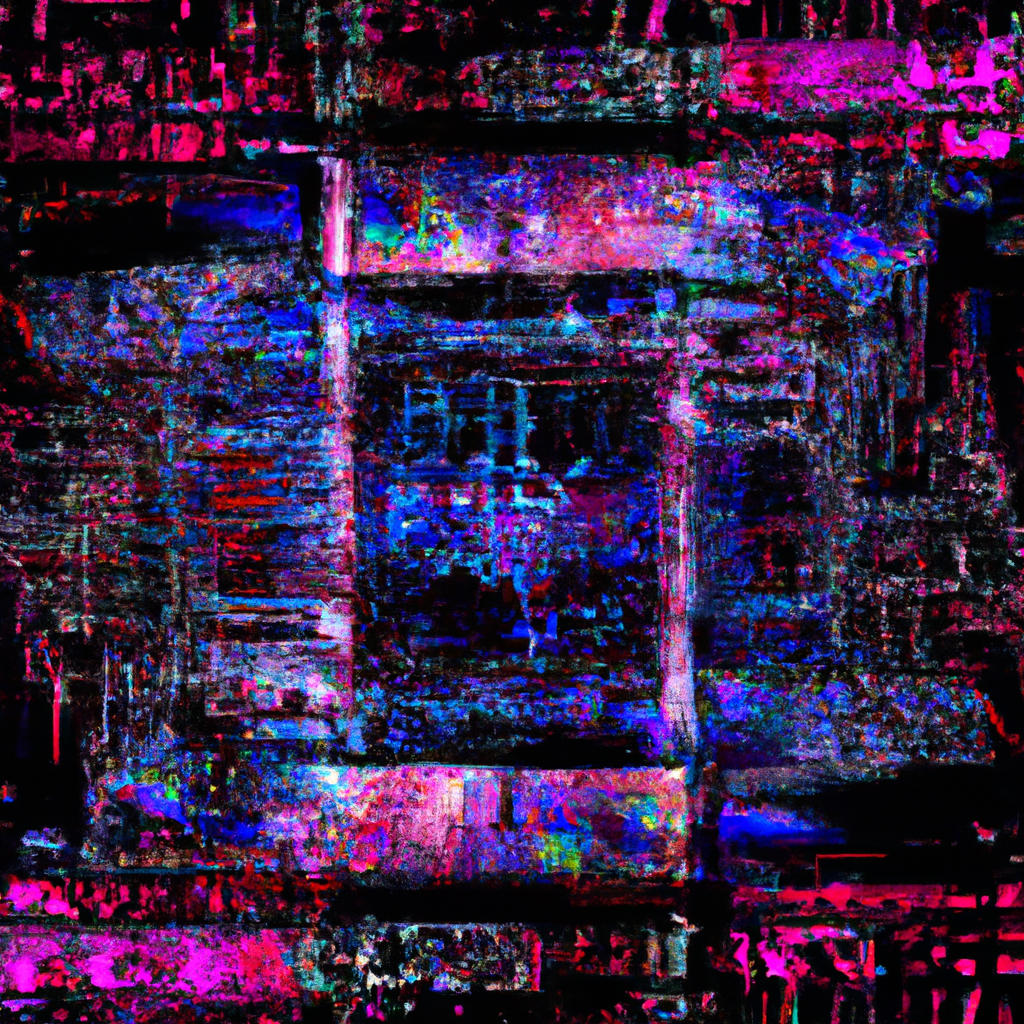This research project aims to investigate the use of quantum cryptography as a means of providing unbreakable security. Cryptography is the practice of using mathematical algorithms to secure communication and information, but traditional cryptography methods are vulnerable to attacks from powerful computers or sophisticated algorithms.
Quantum cryptography employs the principles of quantum mechanics to create secure communication channels. It uses quantum properties such as the entanglement and superposition of particles to transmit information, making it impossible for any eavesdropper to intercept the message without altering it. This means that the security of quantum cryptography is theoretically unbreakable, making it a highly attractive technology for securing sensitive information.
The project will first review the current state-of-the-art in quantum cryptography and investigate its practicality in real-world applications. We will examine the performance of different quantum cryptographic protocols and evaluate their ability to withstand different types of attacks. We will then develop novel quantum cryptography protocols and algorithms and explore their potential use in applications such as secure communication in banking, military, and government sectors.
The potential applications of this research are broad and significant. Quantum cryptography could revolutionize the security of communication channels, enabling safe transmission of sensitive information such as medical records, personal data, and national security information. It could also be used to secure online banking transactions, protect intellectual property rights, and secure communications between military forces. The findings of this project could pave the way for the development of a new generation of unbreakable security systems, making our society safer and more secure.



